I have affiliate relationships with Bookshop.org and Malaprop's Bookstore in beautiful Asheville, NC. I will earn a small commission at no additional cost to you if you purchase merchandise through links on my site. Read more on my affiliate page.

Title: The Black Friend: On Being a Better White Person
Author: Frederick Joseph
Genre: Social Justice, Memoir
Audience: Young Adult
Content Warning: Racism
My Review:
In The Black Friend, Frederick Joseph shares his own experiences with racism, his response in the moment, how he wishes he’d actually responded, and demonstrates ways to be anti-racist. I can’t imagine these stories were easy to share. Some of them were so egregious that my jaw dropped and I was like, “What?!? Someone said that?!?”
“This is how systemic racism works. It’s not just a matter of blatant racism; it’s also about conditioning people to think less of themselves.”
–Frederick Joseph, The Black Friend
I appreciate that Joseph frankly admits that he wasn’t very anti-racist in high school himself. He knows that it’s hard to speak up, that it’s easier to just let things slide. But he regrets his passivity now and wishes he’d had the tools to stand up at the time. I can relate to that feeling. I’m sure other White people can also share events or conversations that we wish had played out differently, if only we’d known what to do or say. That’s why books like this are so important. They give us the tools we need to start changing conversations and attitudes, beginning with our own.
“No one would be comfortable being racist around someone who truly stands against racism. If you still have racist friends in your life, you aren’t truly standing against racism.”
–Frederick Joseph, The Black Friend
While reading this, I felt exactly like I was having an honest conversation with a friend. The book is full of song recommendations, digressions, interruptions, and instructions to google various topics. The style works to keep a serious subject from getting too overwhelming but I eventually found it a little distracting.
The author includes brief interviews with other artists and activists at the end of every chapter. I wasn’t familiar with many of the interviewees but younger readers will probably know them. I like that these interviews gave depth to the topic by sharing the experiences of others. One chapter essentially argues that “there are things that aren’t meant for you.” In this chapter, Joseph confesses that he overstepped himself in one interview and learned a lesson. He seemed fallible to me in that moment and showed that we’re all constantly learning. The key is to be humble and open to learning from our mistakes.
The book has quite a bit of end matter. The most useful is “An Encyclopedia of Racism.” Unfortunately, my e-book didn’t have links to the encyclopedia so when I tried to use it, I completely lost my place. I stopped using it altogether and read it all at one go at the end instead. I’ve seen linked footnotes in other e-books and something like that would have been incredibly useful. I recommend reading a physical copy of the book for that reason. There’s also a list of “People and Things to Know” and “The Black Friend Playlist” that each gather up and organize the references Joseph makes to historical events, people, and pop culture throughout the book.
“In my opinion, the idea of being color-blind and of trying to steer conversations away from race are the most manipulative and powerful tools of racism. They allow white people to continue to be comfortable. No awkward conversations about race! No having to account for the centuries of brutality and injustice perpetrated by people who look like them against people who look like us! […] But I also want you to see more than our pain and our struggle. I want you to see the beauty in our differences. I want you to see Black mothers perfecting their collard greens recipe. I want you to see Chinese grandparents teaching their children to make dumplings by hand. […] I don’t want to be seen as ‘a human,’ I don’t want to be seen as ‘the same.’ I want to be respected. I want to be special. I want to be jazz. I want to be soul food. I want to be poetry. I want to be Black.”
–Frederick Joseph, The Black Friend
The topic is incredibly important even though it’s difficult. I feel like this is a great introduction to anti-racism for young adults or an older audience. I hope many readers will pick it up and begin (or continue) a journey of growth, empathy, and understanding.
Synopsis from GoodReads:
From the perspective of the friend everyone should have, Frederick Joseph offers an essential read for white people who want to be better about race—and people of color who long to see their experiences validated.
“We don’t see color.” “I didn’t know Black people liked Star Wars!” “What hood are you from?” For Frederick Joseph, life in a mostly white high school as a smart and increasingly popular transfer student was full of wince-worthy moments that he often simply let go. As he grew older, however, he saw these as missed opportunities not only to stand up for himself, but to spread awareness to the white friends and acquaintances who didn’t see the negative impact they were having and who would change if they knew how.
Speaking directly to the reader, The Black Friend calls up race-related anecdotes from the author’s past, weaving in his thoughts on why they were hurtful and how he might handle things differently now. Each chapter includes the voice of at least one artist or activist, including Tarell Alvin McCraney, screenwriter of Moonlight; April Reign, creator of #OscarsSoWhite; Angie Thomas, author of The Hate U Give; and eleven others. Touching on everything from cultural appropriation to power dynamics, “reverse racism” to white privilege, microaggressions to the tragic results of overt racism, this book serves as conversation starter, tool kit, and invaluable window into the life of a former “token Black kid” who now presents himself as the friend many of us need. Back matter includes an encyclopedia of racism, providing details on relevant historical events, terminology, and more.
Read for:
Similar Books:
If you liked The Black Friend: On Being a Better White Person, you might also like my reviews of
- Men We Reaped by Jesmyn Ward
- All American Boys by Jason Reynolds and Brendan Kiely
- Our Time Is Now: Power, Purpose, and the Fight for a Fair America by Stacey Abrams
Reading Challenge:
Purchase:
Buy The Black Friend: On Being a Better White Person from Malaprop’s Bookstore in beautiful Asheville, NC or

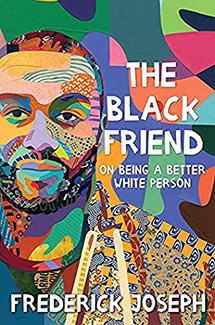
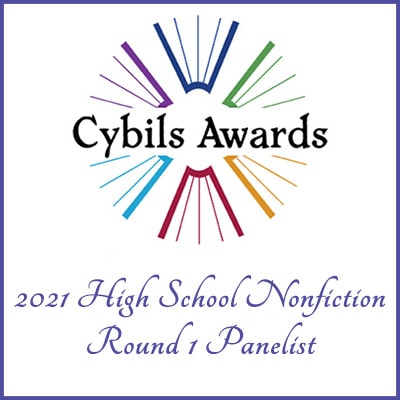
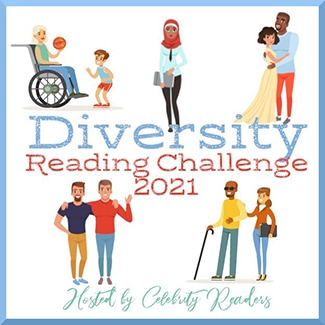

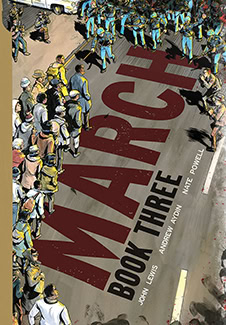
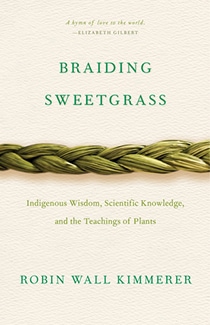
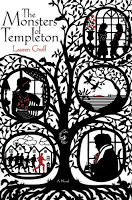
6 Comments
I think this is a book that should be more widely read. It’s a tough subject, but it is one I think we have squirmed out of tackling for too long.
I absolutely agree. We keep shying away from it and/or ignoring it. Thankfully we have Frederick Joseph and others like him to lead the way. It’s a shame that we’re still having the same conversations (or avoiding them) at this point in time though.
This sounds like an approachable book on a heavy topic! Thanks for the rec, I’ll be picking it up for sure.
Those are some great quotes you’ve picked for sharing — they really do get to the heart of the matter, don’t they? Most of the time, we don’t even realize what kinds of bloopers we’ve just said and what they reveal about our thinking patterns. Thanks for talking about this book.
Racism is so embedded in our culture that I applaud whenever it can be exposed. The more it comes from under that rock and stands bare in the light, the more there’s hope it will vanish. So glad you featured this book here today.
This sounds really good and interesting. The more we read from a variety of perspectives the better!